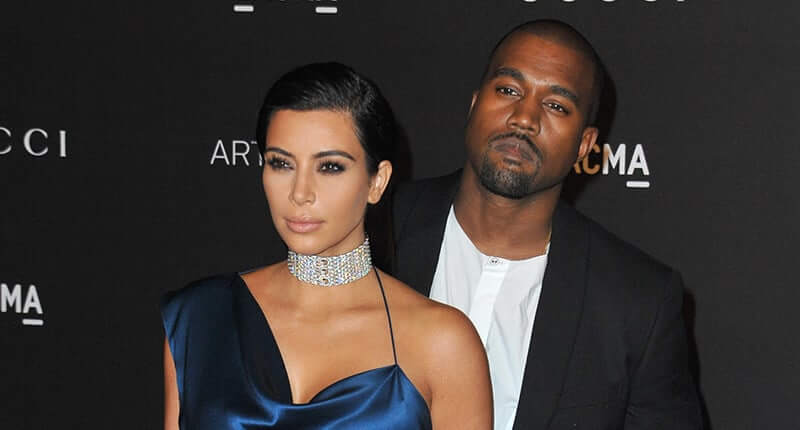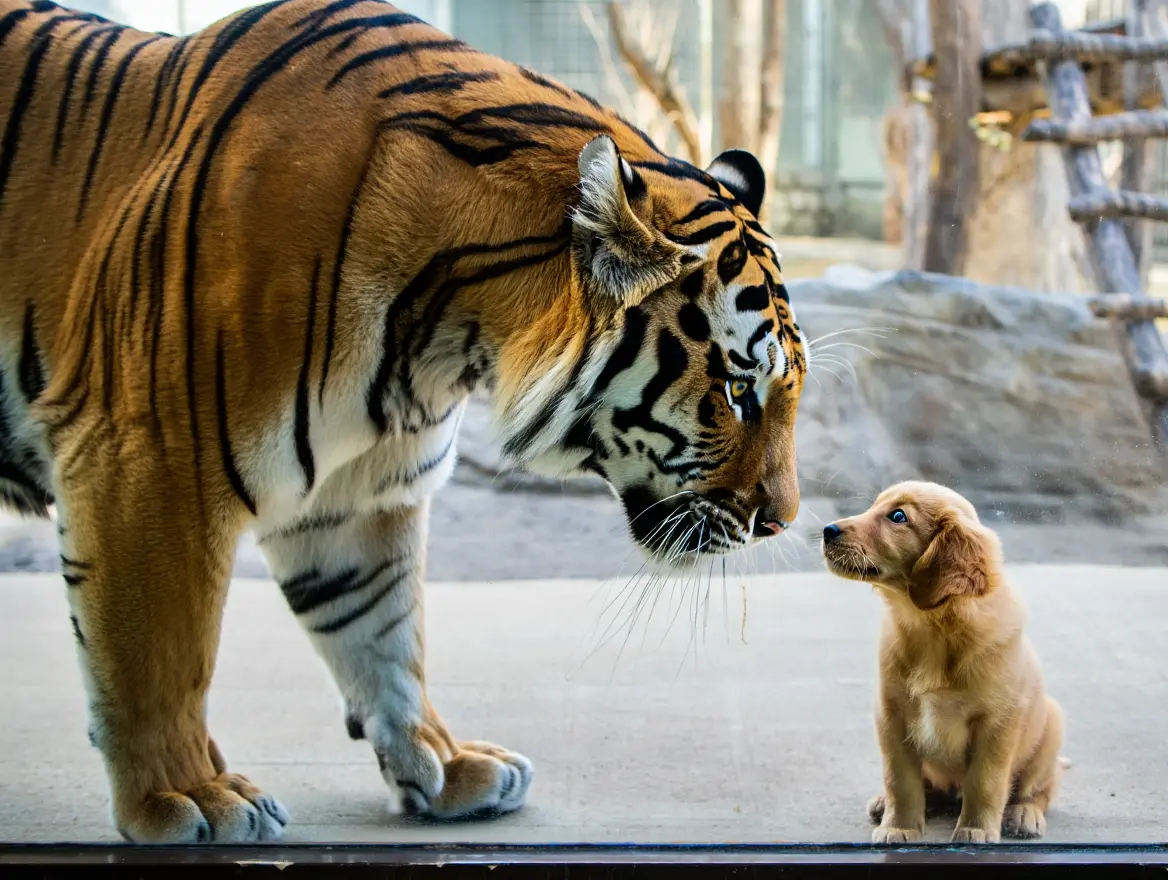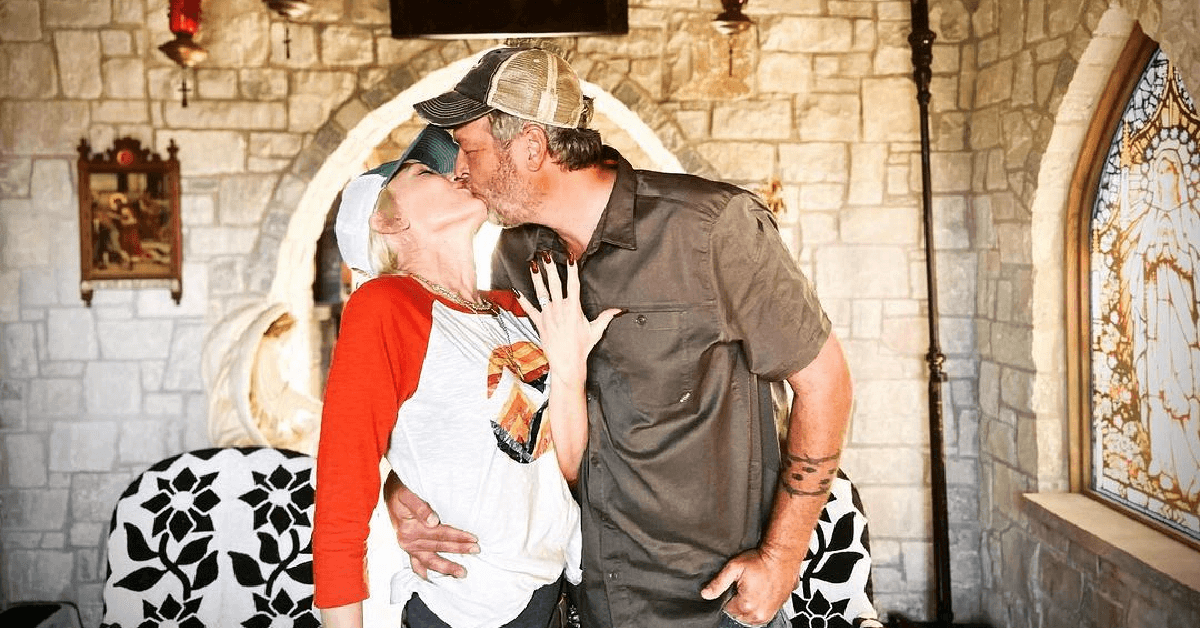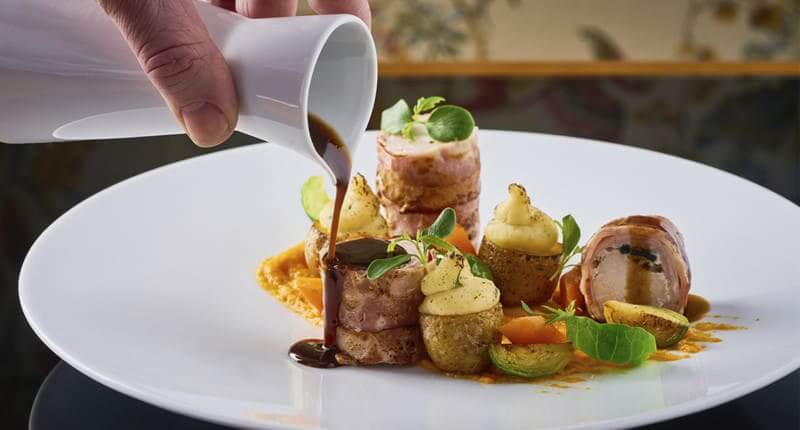In the 1950s, Elvis Presley was at the top of the charts, movie fans were racing out to see epics like Ben-Hur and The Ten Commandments and couples who were entering the Baby Boom years were using these baby names in droves. And, since trends are cyclical, you might see some pompadoured hip-shakers back on the Billboard charts (I see you, Bruno Mars), epic films hitting cinemas (though now they’re of the comic-book variety) and those same baby names coming back around again.
The Social Security Administration (SSA) keeps track of the most popular baby boy names and the most popular baby girl names, and they’ve been doing so going back to the 1800s. That means we can see what names were most popular in the 1950s, and how that compares to today. For families looking for classic names for their bundles of joy, these have stood the test of time for more than half a century.
James meaning: “supplanter”
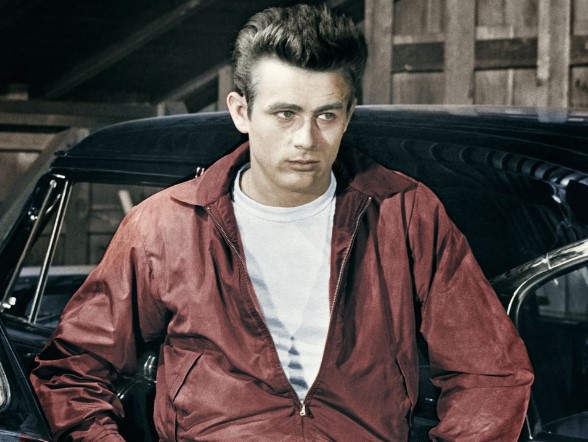
James is a name that’s so consistently popular, it doesn’t even sound all that old-fashioned. In the ’50s, it was also a name associated with youth culture — as embodied by Rebel Without a Cause heartthrob James Dean.
Mary meaning: “drop of the sea,” “bitterness,” or “beloved”
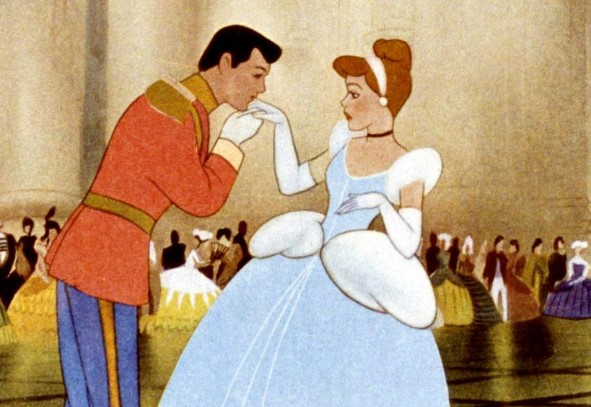
Linda had a moment in the early 1950s — it was the No. 1 name each year from 1947 to 1952 — but Mary eventually won the decade. Some might say it even won the century: Mary is the girl’s name that has appeared in the No. 1 spot the most number of times since the SSA’s been keeping track. And with such great role models — like Mary Blair, the artist who worked with Disney on 1950s blockbuster films like Lady and the Tramp, Alice in Wonderland and Cinderella — it’s clear why families want to keep honoring famous Marys of the past.
Michael meaning: “gift from God”
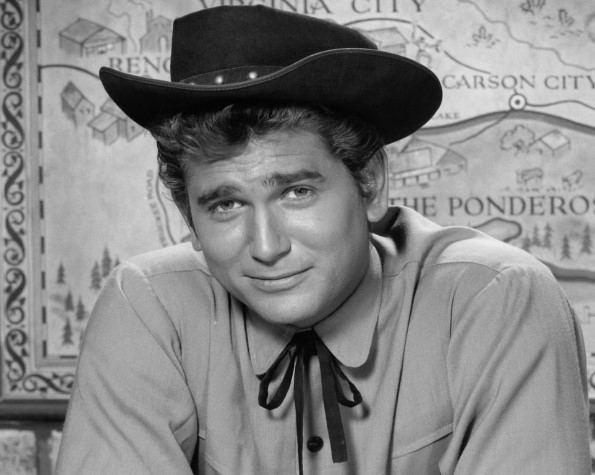
Western/cowboy baby names are having a moment right now, thanks to Yellowstone. But can that trend trace itself all the way back to 1959’s Bonanza, and its star, Michael Landon? It turns out, Michael doesn’t really need a trend to keep it in the limelight. The name Michael is the most popular boy name of all time, having hit the SSA’s top spot more than any other name — 44 times and counting. In fact, with the exception of one year, Michael was the top name from 1954 straight through to 1999, when Jacob took over. (Thank you, Twilight.)
Linda meaning: “pretty”
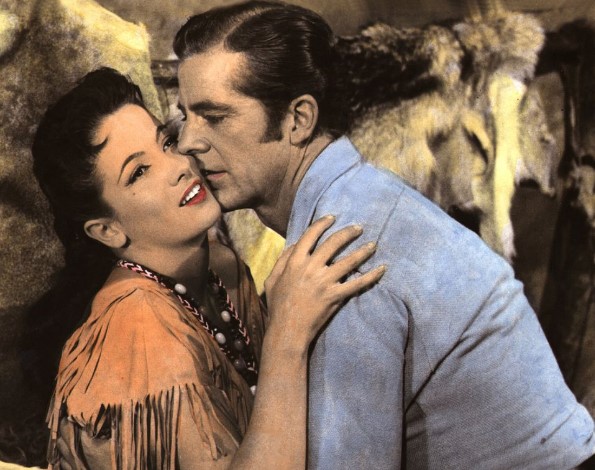
The name Linda — as in actress Linda Cristal, who also starred in Westerns throughout the ’50s — had a good run, enjoying the top spot from 1947 to 1952, until Mary came back to reclaim the crown. Today, the SSA reports that the name is actually decreasing in popularity, but that just means it might be ripe for a comeback.
Robert meaning: “bright fame”
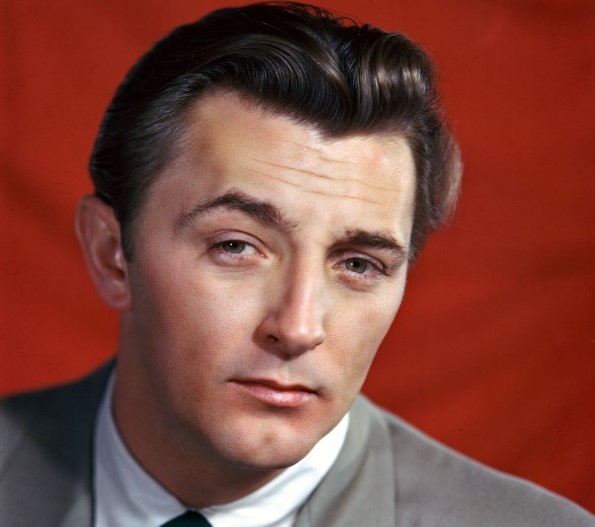
The name Robert means “bright fame,” and in the 1950s it was a self-fulfilling prophecy, at least when it came to actors like Robert Mitchum, Robert Taylor or Robert Conrad. Today, Robert still sits safely in the top 100 baby boy names, although the SSA notes it decreased slightly in popularity (as did Roberto). But that just means it’s in that not-too-trendy, not-too-obscure zone.
Patricia meaning: “noble”
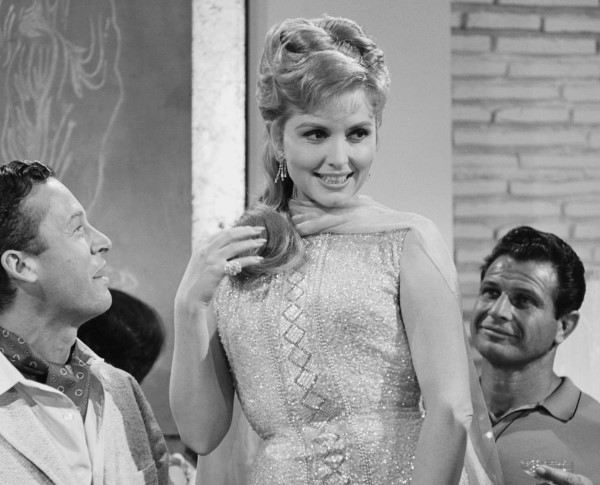
In an episode of The Twilight Zone, actress Patricia Barry plays a woman who is tricked into falling for a man who used a love potion on her — only for him to find her affections stifling. Such is not the case with America’s love affair with the name Patricia: In the 1950s it was flying high, and now it doesn’t rank on the SSA’s list of the top 1000 girl names at all. That means this is a great choice for parents looking for a name with a vintage, mid-century feel but who still want to be unique.
John meaning: “God is gracious”
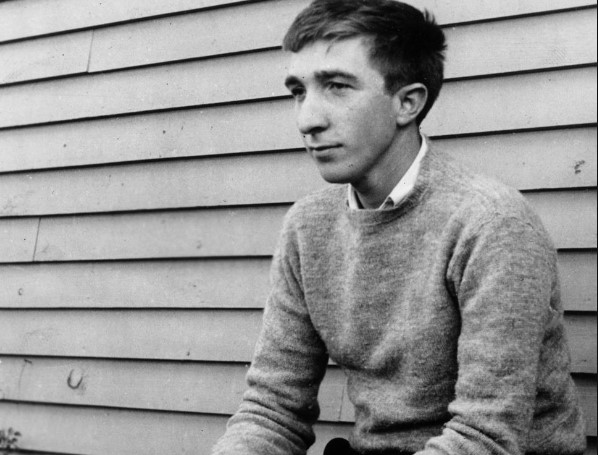
The name John, as in writer John Updike, may have had its peak long before the ’50s. It was the No. 1 boy’s name a few decades earlier than that, and kept the top spot between 1900 and 1923. Still, the name has hung in there, landing somewhere in the top-five names every year from 1924 to 1972, and it continues to rank in the top 30 baby names today.
Susan meaning: “lily”
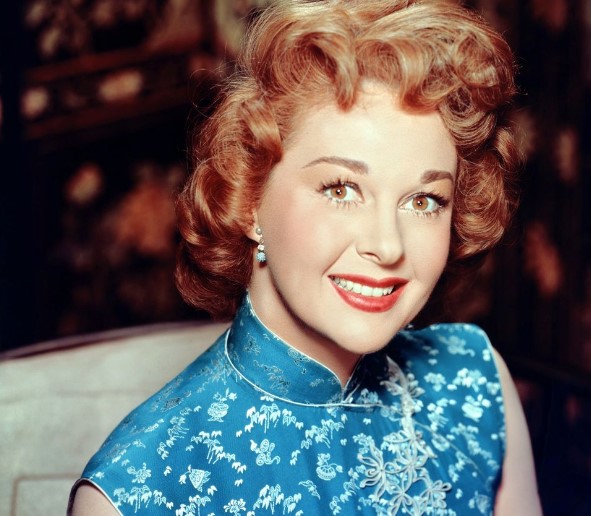
Right now Susan, like Patricia, has fallen off the SSA list of most popular baby names in entirely. But in the 1950s, Susan was ascendant, hitting its peak in 1960. Perhaps those ’50s families were inspired by actress Susan Hayward, who received an Academy Award nomination for Best Actress three times throughout the decade (and finally brought home the statue in 1958).
David meaning: “beloved”
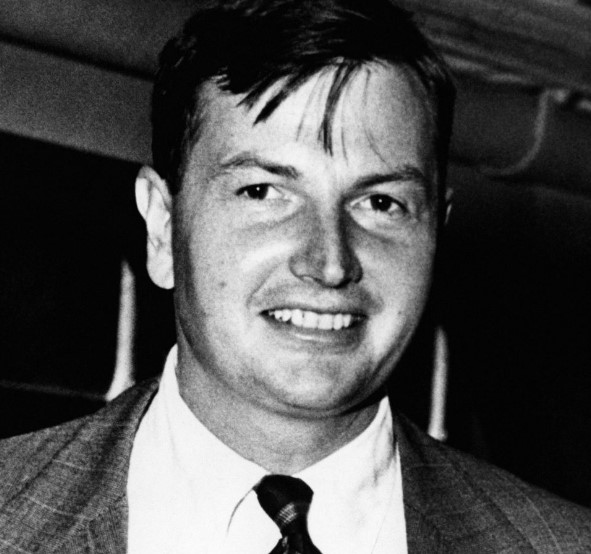
David, as in businessman David Rockefeller, has a disruptor energy to it: It was the name David that took the No. 1 spot from Michael for one year only — 1960 — keeping Michael from having an interrupted 44-year streak as the most popular boy name in America. And while David has lost favor in the decades since, and now is more often in the top 30 than the top five, it’s still a good choice for families who want to shake things up.
Deborah/Debra meaning: “bee”
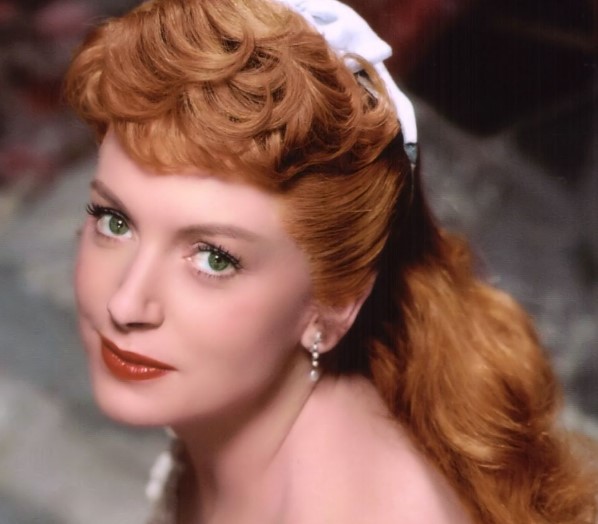
This is a two-for-one, because variants on Deborah actually hit the list twice in the 1950s: Deborah (as in The King and I and An Affair to Remember star Deborah Kerr) was the fifth most popular name, and Debra (as in The Ten Commandments’ Debra Paget) was the seventh. Today, Deborah still has the edge over Debra — but only slightly, since Deborah has fallen to the bottom of the list and, according to the SSA, is still sinking, and Debra has fallen off of it entirely.
William meaning: “resolute protector”
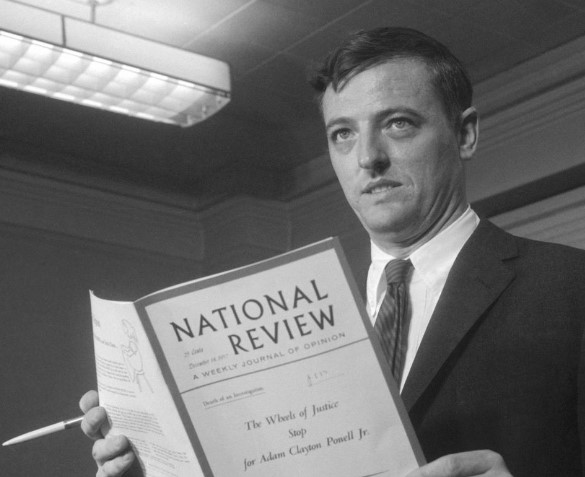
William was a good choice for literary parents of the 1950s, who saw bylines like William S. Burroughs, William Goldman and William F. Buckley Jr. on books and in magazines. And the name feels at once timeless and modern, since it’s still in the top 10 of baby names today. It’s also good for parents who love options, since families can make the name their own by going by nicknames like Will, Willy, Bill or Billy.
Barbara meaning: “foreigner”

There’s already proof that Barbara, as in All About Eve actress Barbara Bates, is making a comeback: The SSA notes that it’s one of the fastest-growing baby names of last year, jumping 87 places in rank from the year before. Is this the beginning of a meteoric rise?
Richard meaning: “strong ruler”
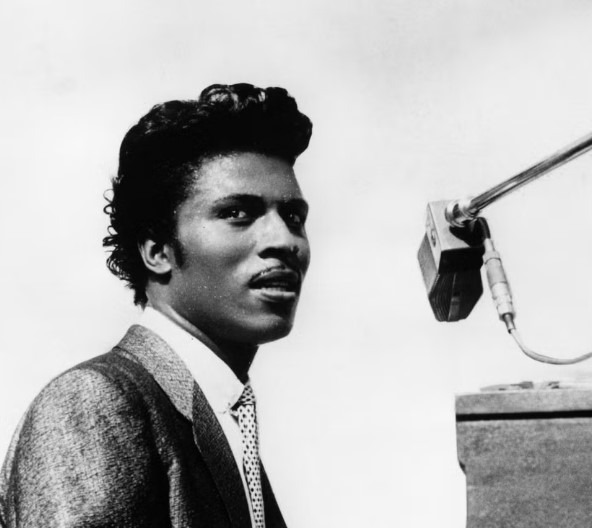
In the ’50s, there were many big musical artists with the name Richard, from Broadway composer Richard Rogers to ivory-tickler Little Richard. The name had hit its peak by then — it was a top-five name in the ’30s and ’40s — but today Richard, Ricky and Ricardo have all still earned spots on the SSA list, so it’s a versatile choice.
Thomas meaning: “twin”
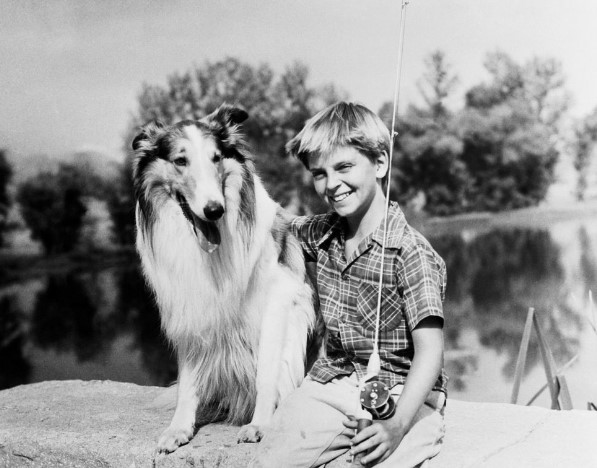
Be it Thomas, Tom or Tommy, as in Lassie co-star Tommy Rettig, the name is certainly a stalwart one, hanging around somewhere in the SSA’s top 50ish or so names since 1900. The lowest it ever ranked was 63, in 2011 and 2012, and has been on a slow upswing ever since. Could we see it crack into the top 10 again?
Karen meaning: “pure”
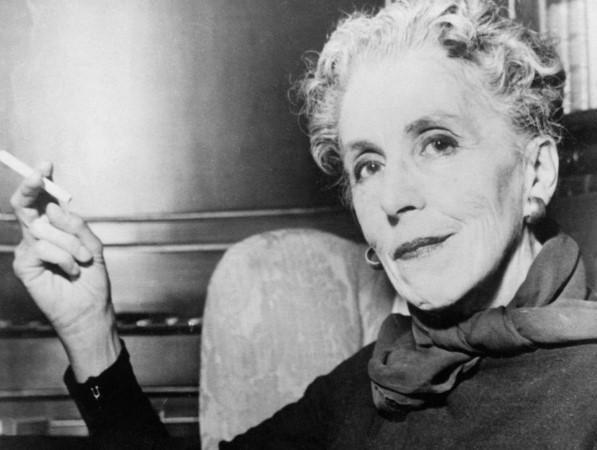
Any name can stage a comeback, but Karen has an uphill climb. While Karen was number 505 on the SSA list 10 years ago, it fell off the list in 2021. But there are plenty of cool Karen role models in the ’50s and beyond, including “Babette’s Feast” writer Karen Blixen and musicians Karen Carpenter and Karen O, which means it could be time for a reclamation.
Mark meaning: “warlike”
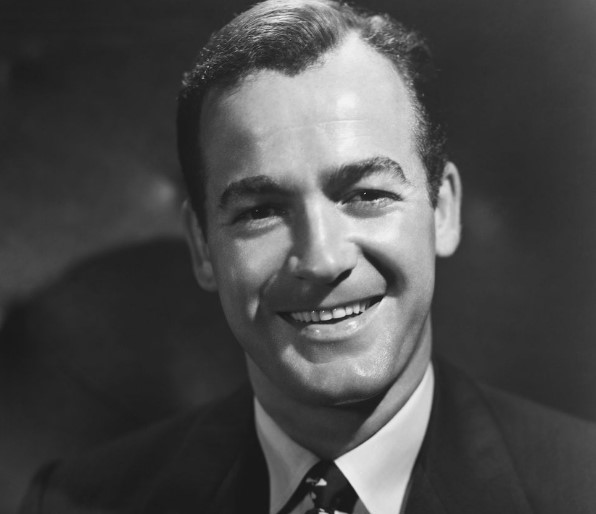
Mark, as in Cry Vengeance actor/director Mark Stevens, is an always-a-bridesmaid type of name: It’s usually somewhere on the SSA list, but never cracks the top five (and the ’50s were no exception). Today, it’s a good one for people who are looking for short boy names, especially the trendy four-letter names.










